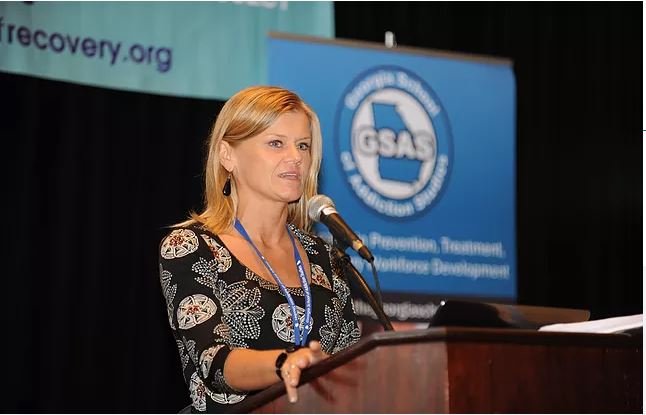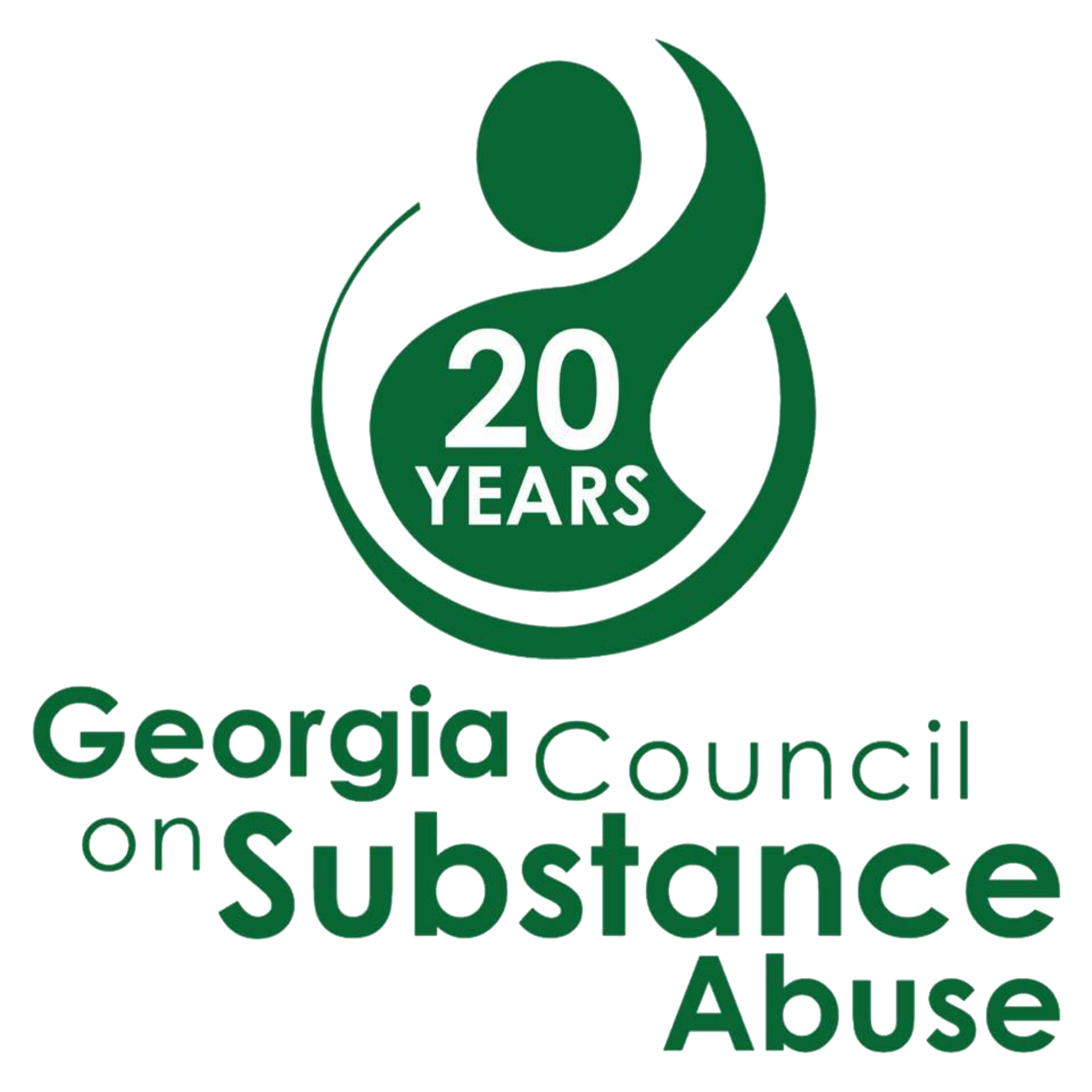Recovery Messaging
Workshop
Over the last several years Faces and Voices of Recovery has worked to find a way to effectively describe and talk about recovery in a variety of settings, including with people who are not part of the recovery community. In a survey conducted in 2001, it was found that 88% of respondents believe it is very important for the American public to see that thousands get well every year. A 2004 Survey of the general public found:
- A majority of Americans (63%) have been affected by addiction.
- A majority (67%) believe that there is a stigma toward people in recovery.
- A majority (74%) say that attitudes & policies must change.
- And in 2005, 8 focus groups in four cities were conducted with members of both the recovery community & the general public.
These findings informed a way to use language to reduce discrimination and promote recovery from substance use disorders in a positive way. Additionally, Harvard University’s John Kelly, director of the Recovery Research Institute at Massachusetts General Hospital, has conducted research about the stigma attached to people with substance abuse problems. His findings indicate that even among well-trained doctoral level mental health clinicians and addiction specialists, exposure to certain language may create an implicit bias that may result in harsher punitive judgments that perpetuate stigmatizing attitudes toward individuals and families suffering from addiction. These may create barriers to honest self-disclosure and seeking treatment for alcohol or drug problems. (International Journal of Drug Policy, Volume 21, Issue 3, May 2010, Pages 202–207)
Thousands of people in Georgia have been trained by GC4R staff using the Our Stories Have Power recovery messaging tools. We help to advance the recovery agenda by teaching five important aspects of a recovery message:
Make it personal, so that we have credibility
Keep it simple and in the present tense, so that it is real and understandable
Help people understand that recovery means that you or the person that you care about is no longer using alcohol or other drugs. Instead of saying “in recovery” say “in long-term recovery” and talk about stability and the length of recovery time
Talk about your recovery, not your addiction
Help people understand that there’s more to recovery than not using, and part of recovery is creating a better life
We teach people in recovery, our families and allies how to tell their stories with a purpose. You can host a training in your community by contacting us at info@gc4recovery.org.
Interested In Participating In This Workshop?
Fill out the form below to get more information on upcoming dates.


